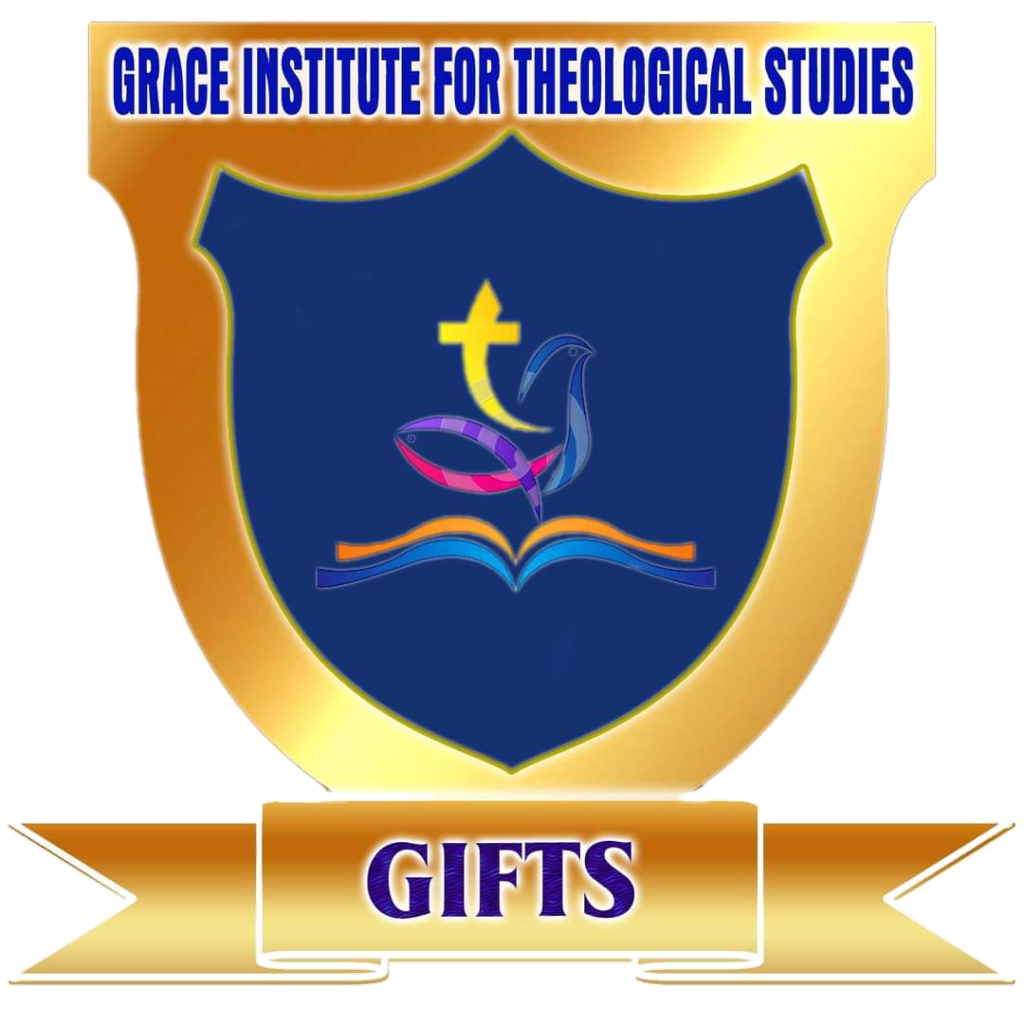Certificate in Theology
Certificate in Theology Program
The Certificate in Theology is a foundational program designed to provide a basic understanding of Christian theology, biblical studies, and ministry skills. This course is suitable for individuals who wish to deepen their knowledge of the Bible, Christian doctrine, and the practice of ministry, but do not have the time or need for a full degree program. It is often the first step for those considering further theological education.
Duration:
- Generally ranges from 6 months to 1 year, depending on the institution and mode of study (full-time, part-time, or distance learning)
Entry Requirements:
- A high school diploma or equivalent is usually required.
- Some institutions may require a recommendation from a church leader or a statement of faith.
Course Content:
The curriculum generally covers the following core areas:
Introduction to the Old Testament: An overview of the Old Testament, including its historical context, key themes, and theological concepts. Students learn about the Pentateuch, historical books, wisdom literature, and prophetic writings.
Introduction to the New Testament: A survey of the New Testament, focusing on the Gospels, Acts, Epistles, and Revelation. Emphasis is placed on the life and teachings of Jesus, the early church, and apostolic theology.
Systematic Theology: Introduction to key doctrines of the Christian faith, such as the nature of God, Christology (the study of Christ), soteriology (the study of salvation), pneumatology (the study of the Holy Spirit), ecclesiology (the study of the church), and eschatology (the study of end times).
Biblical Hermeneutics: Principles and methods of interpreting the Bible. This course often includes a study of various hermeneutical approaches and practical exercises in interpreting different genres of biblical literature.
Church History: An overview of the development of the Christian church from its inception to the present day, highlighting key events, figures, and movements that have shaped Christianity.
Spiritual Formation and Discipleship: Focuses on the personal spiritual growth of the student, covering topics such as prayer, devotional practices, and developing a personal relationship with God.
Introduction to Christian Ethics: A study of ethical principles from a Christian perspective, addressing contemporary moral issues and how they can be approached through biblical teachings.
Evangelism and Mission: Principles and practices of sharing the Christian faith, both locally and globally. This course often includes an introduction to world religions and an understanding of cross-cultural ministry.
Assessment Methods: Assessments may include written assignments, exams, practical ministry projects, and class participation. Some programs may also require a final project or capstone experience.
Mode of Study:
- Offered in various formats: on-campus, online, or hybrid. Flexible study options are often available to cater to working adults and those with ministry responsibilities.
Career and Ministry Opportunities:
- Graduates can serve in various roles within their churches and communities, such as Sunday school teachers, youth leaders, lay ministers, or evangelists. The certificate may also serve as a stepping stone for further theological education, such as a Diploma, Bachelor’s, or Master’s degree in Theology or Divinity.
Accreditation and Recognition:
- It is crucial to choose a program accredited by a reputable theological accrediting body. Recognized programs ensure a standard of quality education and are often more valued by churches and ministry organizations.
